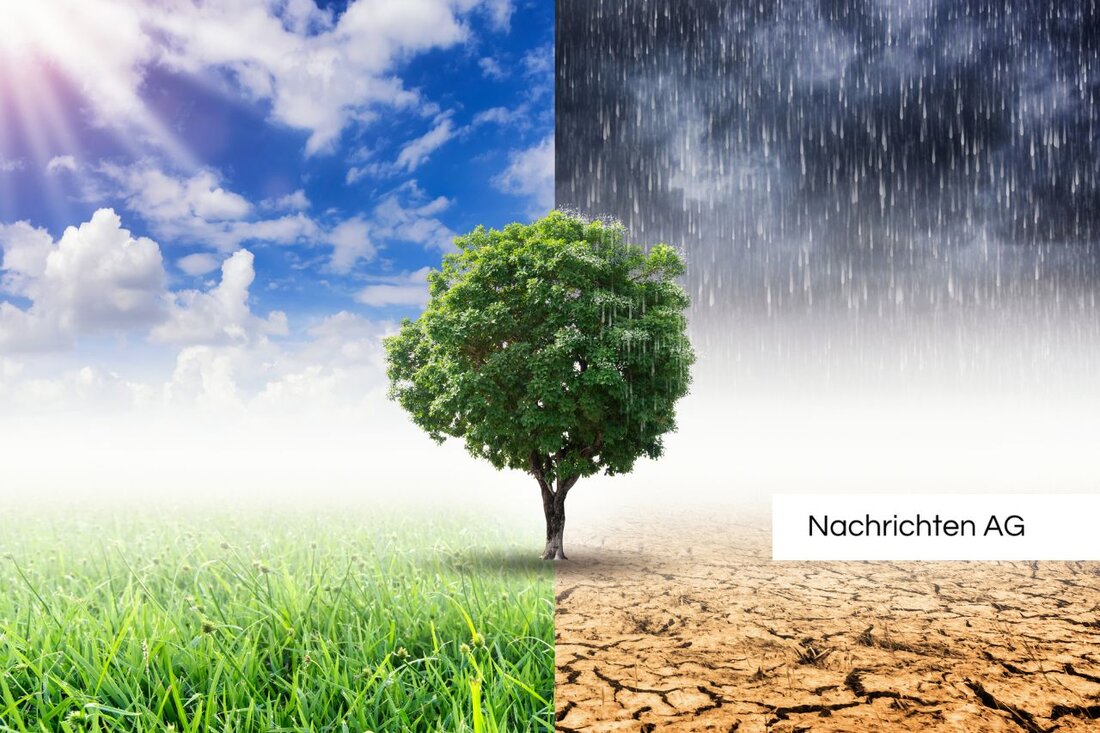Volcanoes and melting glaciers: danger to people and the climate is increasing!
Dr. Harri Geiger researches volcanic processes and their global effects at the University of Freiburg, especially after the Tajogaite eruption.

Volcanoes and melting glaciers: danger to people and the climate is increasing!
The fascination with volcanoes attracts many scientists. Dr. Harri Geiger, a geoscientist at the University of Freiburg, combines his technical training with profound geological knowledge. His journey began at Jacobs University in Bremen, where he studied electrical and computer engineering, before an excursion with geoscientists encouraged him to follow his interest in geosciences and obtain a bachelor's degree in this field. After completing a master's and doctorate in Sweden, Geiger has been contributing to volcano research in Freiburg for five years. University of Freiburg reports that Geiger's research combines microscopy, chemical analysis, modeling and field work on the volcano.
The dangers and opportunities posed by volcanoes are close to Geiger's heart. Volcanoes are not only fascinating natural spectacles, they also have far-reaching implications for people and the planet. Volcanology is essential because volcanic eruptions threaten infrastructure, while the fertile volcanic soils provide an important resource for agriculture. In addition, many metallic raw materials for electronics come from magmatic processes. Geiger wants to better assess the dangers and understand how the planet works by viewing volcanoes as a “diary” that tells stories of processes deep within the Earth.
The Tajogaite eruption: A defining experience
The importance of his work is underlined by the event of the Tajogaite eruption on La Palma in 2021. This eruption resulted in the destruction of over 1,200 hectares of land, the evacuation of numerous people and damage to infrastructure, including the important LP-21 road. Dramatic images of lava fountains, high-rising eruption columns and immense lava flows dominated the landscape. Geiger experienced this eruption first hand and was impressed by the opportunity to observe volcanic processes live.
Research into the Tajogaite eruption was also accompanied by a study by the Instituto Volcanológico de Canarias (Involcan), carried out in collaboration with the University of Manchester. This study analogized the chemical composition of volcanic gases during the eruption in different eruptive phases. The results showed high ratios of CO₂ to SO₂ in explosive phases, indicating oxidized rising magma. A deeper analysis of the gases provides valuable insights into the internal processes of a volcano, supports the development of better predictive models and is crucial for disaster prevention. Canarian Sea describes that these findings also open up new perspectives for the long-term study of volcanic gas emissions and their effects on the climate and the environment.
Climate change and volcanic activity
The connection between climate change and volcanic activity is becoming increasingly important in science. A study by the Swiss Federal Institute of Technology Zurich (ETH Zurich) finds that the melting of glaciers reduces the pressure on the earth's crust and thus increases the risk of explosive eruptions. Research & Knowledge illustrates that it has been known since the 1970s that glacier melt in Iceland is increasing volcanic activity. These phenomena suggest that hundreds of dormant subglacial volcanoes, particularly in Antarctica, could become active again as glaciers melt.
Research shows that changes in the magma system caused by glacier melt can last for several centuries, making the approach to considering these complex interactions between climate change and volcanism even more urgent. Volcanic eruptions themselves can also trigger a chain reaction that further accelerates climate change by emitting aerosols that cool in the short term but increase CO₂ emissions in the long term. This illustrates how closely geological and climatic processes are linked.
Given these findings, it remains clear that comprehensive research on volcanoes and their interactions with climate is crucial to understand the potential threats and opportunities they pose to humans and nature.

 Suche
Suche
 Mein Konto
Mein Konto